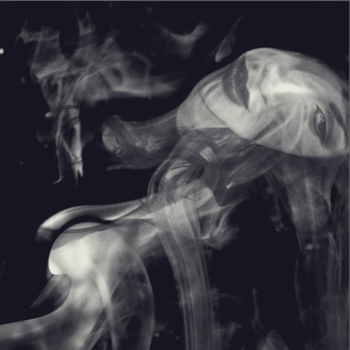Your story, “Kim Kardashian Considers Her Insomnia,” suggests that “Kim” may not be comfortable in the world she and pop culture have created for her. What made you decide to cast her in your story?
I’m fascinated by these women who become pop culture icons because of their beauty and sexuality. It’s like they want to not have an internal life. But of course they do, and it makes me want to guess at what’s happening inside them.
“She thought about Newet, the Sky Goddess, who lay across the top of the universe and suckled a million stars.Sometimes, in paintings, Newet was a giant sow.” The imagery here is beautiful and the transition to “Kim’s mother” provokes thought—and not necessarily positive thought. You don’t spare Kim or her mother. When you are writing fiction about real people, how do you decide where to draw the line?
I’m interested in what Kim Kardashian might actually be like, what’s beneath her veneer. She is this weird sort of Goddess figure, so I was really just playing with that. I mean no ill will toward her or her mother. It’s more an effort to understand them.
We see Kim questioning herself and her place in the world.She realizes she’s in the spotlight, always judged, yet in the end, you write, “She didn’t feel beautiful in these moments, but she knew she was.” What does this ending mean to you? What do you hope it means to the reader?
Honestly, it’s up to the reader. I can say what I intended—which is something like: women who are so utterly reliant on their beauty can never escape the fact of it—but once it’s on the page, it’s the reader’s story.
You’re always looking for new ways to do things. What’s new now for you?
Well, we’re just about to have a third child. That’s the big news. And I’m slugging away at a dying novel. That’s pretty old news, I’m afraid. But that’s often how it is for me.



 The core workshop of SmokeLong Fitness is all in writing, so you can take part from anywhere at anytime. We are excited about creating a supportive, consistent and structured environment for flash writers to work on their craft in a community. We are thrilled and proud to say that our workshop participants have won, placed, or been listed in every major flash competition. Community works.
The core workshop of SmokeLong Fitness is all in writing, so you can take part from anywhere at anytime. We are excited about creating a supportive, consistent and structured environment for flash writers to work on their craft in a community. We are thrilled and proud to say that our workshop participants have won, placed, or been listed in every major flash competition. Community works.